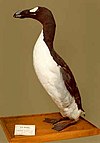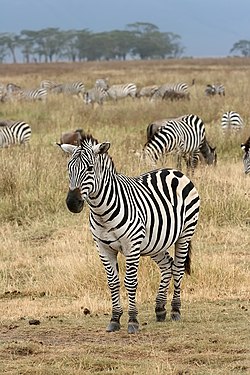Wikipedia:Main Page history/2012 July 3
|
|
|
|
Other areas of Wikipedia
- Community portal – Bulletin board, projects, resources and activities covering a wide range of Wikipedia areas.
- Help desk – Ask questions about using Wikipedia.
- Local embassy – For Wikipedia-related communication in languages other than English.
- Reference desk – Serving as virtual librarians, Wikipedia volunteers tackle your questions on a wide range of subjects.
- Site news – Announcements, updates, articles and press releases on Wikipedia and the Wikimedia Foundation.
- Village pump – For discussions about Wikipedia itself, including areas for technical issues and policies.
Wikipedia's sister projects
Wikipedia is hosted by the Wikimedia Foundation, a non-profit organization that also hosts a range of other projects:
| |
Commons Free media repository |
|
Wikiquote Collection of quotations |
|
Wikiversity Free learning materials and activities |
| |
Wikibooks Free textbooks and manuals |
|
Wikisource Free-content library |
|
Wiktionary Dictionary and thesaurus |
| |
Wikinews Free-content news |
|
Wikispecies Directory of species |
|
Meta-Wiki Wikimedia project coordination |
Wikipedia languages
This Wikipedia is written in English. Started in 2001, it currently contains 3,989,480 articles. Many other Wikipedias are available; some of the largest are listed below.
- More than 700,000 articles: Deutsch · español · français · italiano · Nederlands · 日本語 · polski · português · русский
- More than 150,000 articles: العربية · Bahasa Indonesia · català · česky · dansk · Esperanto · فارسی · 한국어 · lietuvių · magyar · norsk (bokmål) · română · slovenčina · српски / srpski · suomi · svenska · Tiếng Việt · Türkçe · українська · 中文
- More than 50,000 articles: Bahasa Melayu · български · eesti · Ελληνικά · Simple English · euskara · galego · עברית · hrvatski · norsk (nynorsk) · slovenščina · srpskohrvatski / српскохрватски · ไทย





